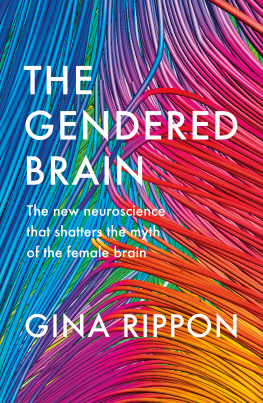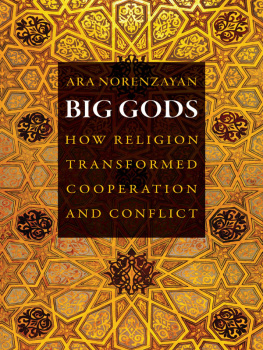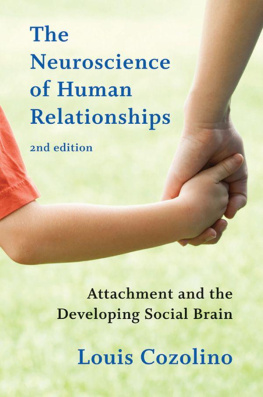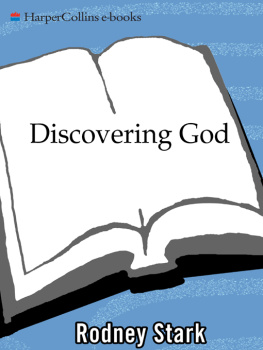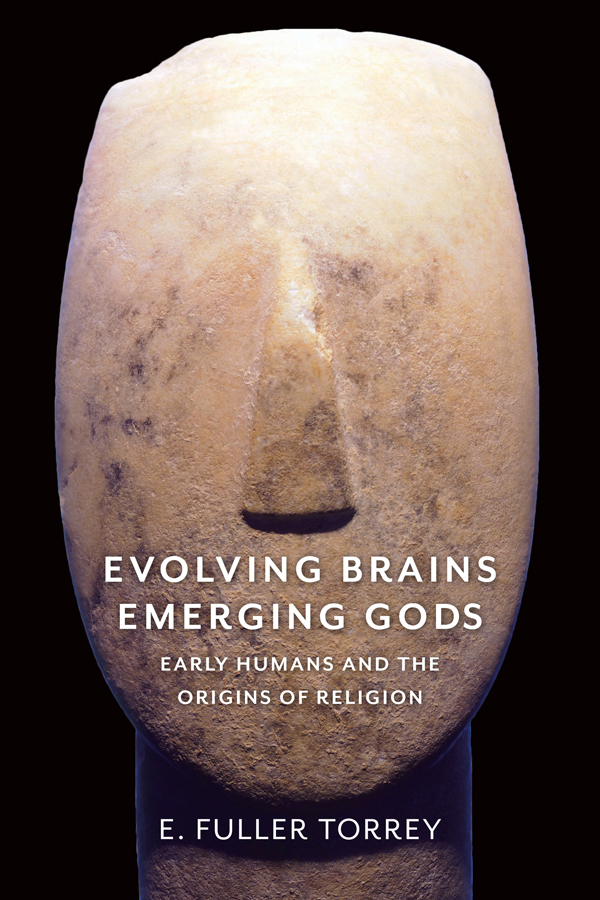Contents
Guide
Pagebreaks of the print version
EVOLVING BRAINS, EMERGING GODS
EVOLVING BRAINS, EMERGING GODS
EARLY HUMANS
and the
ORIGINS OF RELIGION

E. FULLER TORREY
Columbia University Press
New York

Columbia University Press
Publishers Since 1893
New York Chichester, West Sussex
cup.columbia.edu
Copyright 2017 Columbia University Press
All rights reserved
E-ISBN 978-0-231-54486-3
Library of Congress Cataloging-in-Publication Data
Names: Torrey, E. Fuller (Edwin Fuller), 1937 author.
Title: Evolving brains, emerging gods: early humans and the origins of religion / E. Fuller Torrey.
Description: New York, New York: Columbia University Press, [2017] | Includes bibliographical references and index.
Identifiers: LCCN 2017010259 ISBN 9780231183369 (cloth: acid-free paper)
Subjects: LCSH: ReligionPhilosophy. | Anthropology of religion. | BrainEvolution.
Classification: LCC BL51.T6155 2017 | DDC 200.1dc23
LC record available at https://lccn.loc.gov/2017010259
A Columbia University Press E-book.
CUP would be pleased to hear about your reading experience with this e-book at .
Cover design: Milenda Nan Ok Lee
Cover image: DEA / G. Nimatallah Getty Images
FOR BARBARA,
WITHOUT WHOM THE BOOK WOULD
NOT HAVE BEEN WRITTEN,
WITH THANKS FOR FIFTY
GREAT YEARS

I have wrestled with death. It is the most unexciting contest you can imagine. It takes place in an impalpable greyness, with nothing underfoot, with nothing around, without spectators, without clamour, without glory, without the great desire of victory, without the great fear of defeat, in a sickly atmosphere of tepid skepticism, without much belief in your own right, and still less in that of your adversary.
Joseph Conrad, Heart of Darkness , 1903
Civilizations, economic systems, migrations, war and peace may come and go; but the question of death insistently remains. And it links together in one common humanityperplexed and distressedall the thousand upon thousand generations of men, all the myriad tribes, races and nations, all the varying groups, types and classes of mankind.
Corliss Lamont, The Illusion of Immortality , 1935
CONTENTS
I have been looking for God, indeed any god, since I was a boy. As an acolyte in my local church, I assisted in serving communion and was told that God was there. As a university student, I majored in religion and studied various manifestations of the gods. As a graduate student in anthropology, I discovered surprisingly similar gods in very dissimilar cultures. As a physician and psychiatrist, I have studied the brain and wondered where in it the gods might reside. Seventeenth-century British physician Thomas Willis, the first person to systematically study the brain, was correct in saying that such studies unlock the secret places of mans mind. I have also visited many of the worlds shrines built to honor gods and have inhaled the numinous ether that pervades them all. I am especially fond of Gothic cathedrals, which, when filled with choral music, may become transcendent.

It was while visiting one of these shrines, at Avebury in England, that I decided to write this book. Sitting on the terrace of the Red Lion Pub, I could see 4,500-year-old Silbury Hill, 130 feet in height, the tallest man-made earthen mound in Europe. It had been built with remarkable engineering ingenuity, using bone and wooden tools, in a series of radial compartments, so that even today there are few signs of erosion. At the same time that Silbury Hill was being built, Egyptians at Saqqara were building the first stepped pyramid, 200 feet in height; Peruvians at Caral were building a platform mound, 100 feet in height; and the Chinese at Chenzishan were building a massive platform with a temple on top. Earthen mounds and pyramids would subsequently be built in many other parts of the world, including Indonesia, Sudan, Mexico, Guatemala, Honduras, and the United States, such as the 100-foot-high Monks Mound at Cahokia, near St. Louis. These were all probably built to reach and honor the gods, a logical response to human needs arising from the evolution of our brain.
However, it is important to keep in mind that our present theories about gods are based on incomplete information. We still have much to learn about how the human brain evolved and how it functions. Our knowledge of the evolution of Homo sapiens and the development of religious ideas is also fragmentary. Many of the most important archeological finds have been discovered accidentally. For example, the 28,000-year-old burials at Sungir, Russia, were found while removing clay from a pit; similarly, the extraordinary finds at Varna in Bulgaria, Ain Ghazal in Jordan, Nevali ori in Turkey, Wuhan in China, and Garagay in Peru were all accidently uncovered during construction projects, while Gbekli Tepe in Turkey and the Ness of Brodgar in Scotland were uncovered by farmers plowing their fields. There are presumably hundreds of similar sites yet to be discovered; they should provide us with additional details regarding the evolution of Homo sapiens and the emergence of gods. What follows is thus provisional, based on the facts as presently known.
In describing human evolution, I have generally avoided geological and archeological period terms and instead used a continuous measure of years before the present. When precise dates were needed, I have used BCE (before the common era) and CE (common era). I have also used contemporary geographical names for most ancient places to help readers identify the locations. In keeping with modern terminology, I use hominids to refer to all great apes, including humans, and hominins to refer to the human line, including Homo sapiens and all our immediate ancestors, that separated from the great apes about six million years ago. To assist readers, I have placed the detailed brain information in clearly marked sections for those who wish to skip it, and I have grouped references together at the end of the paragraph.
The terms gods and religion are both problematic, because they have been used so variably by different scholars. Some have argued that anything that has supernatural powers is a god, including ancestor, animal, and nature spirits. I am using gods in a more restricted sense to indicate male or female divine beings who are immortal and who have some special powers over human lives and nature. Even this definition covers a wide range of gods with varying degrees of omniscience, omnipotence, and omnipresence, who may or may not have created the earth and humans, and who may or may not be concerned with human events. Gods who are completely divorced from all human events are sometimes referred to as high gods . When God is capitalized, it refers to the monotheistic deity of Judaism, Christianity, and Islam. Religion is also a very broad and imprecise term used to refer to everything from a feeling of spirituality to a set of beliefs and rituals. This book will not attempt to provide a precise definition of religion but rather demonstrate how the emergence of gods led to the development of religion in its many manifestations. When I use the term, I am using it to refer to the feelings, acts, and experiences of individual men in relation to whatever they may consider the divine, with divine meaning godlike, as defined by William James.






